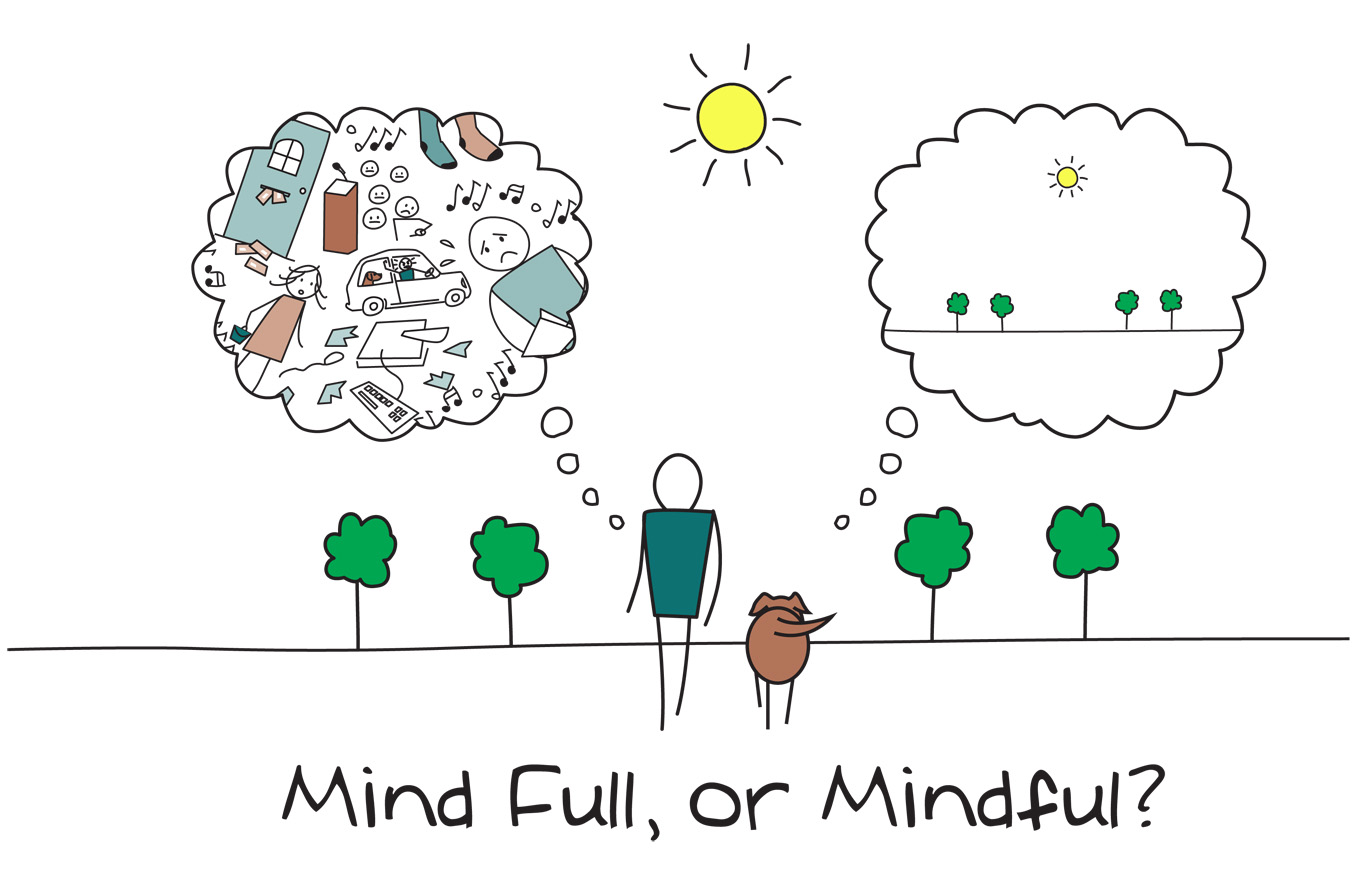by Dr. Bhaswati Bhattacharya
Many are mentally and emotionally unsettled these days, eyes awash in a list of 100,000 who have died in a sea of bad leadership on the same day 100,000 kadas are reported in a country where more were predicted to die.
The brain is unsettled with the injustice, the tragedy, and many bad decisions leaving us to pay the ultimate costs. For some, it is too much. The confused brain naturally tries to make sense of it, using its immense powers to push you into the future and imagine scenarios of bizarre proportions, then pull you back to the present where you feel heart palpitations and panic. A moment later, the brain with the same brilliance, pulls you into the past where memories of old traumas and wicked foes who plagued you race through, then pushes you back to the present where you feel your gut churn and the shadows of depression.
Why does the brain do this to you? In its sworn duty to protect you, it works with the tools it has. If you were grown up in an environment of forgiveness and collaboration, one in which higher powers played a role, you did not learn to hang on to the past or wait wistfully for the future.
But if you were grown up in an environment of accountability, in which each wrong step or less than perfect placement of the foot was punished or taunted, you learned to recount what you did that led to the reprimand. Many grow up playing long-gone moments over and over in their mind, utilizing the blessing of a powerful memory toward self-punishment. Some use their memories to reinforce the teaching that we should be punished for misguided actions. Why?
The fear of punishment arises when we cannot connect that punishment to love from someone who cares for us and wants us to improve for our own betterment. If the punishment seems insulting and disconnected from love, the young mind’s instinct is to fear abandonment. It creates a hypervigilance, in which it jumps to past and future, anticipating pain and imagining new strategies for escape, remembering past action-punishment sequences. The mind gets cluttered with imaginary future tortures.
To step off the carousel of this cycle of repeated memories and anticipated agony, train yourself to stay in the present. Reframe any past events as lessons.
What is the lesson you are supposed to learn from difficult colleagues, abusive bosses or partners, unmanageable children, selfish family members, or inconsiderate neighbors? Make a list of everyone in your world with whom you cannot have easy conversations, where you feel on defense.
See each of them as lessons. What is their presence in your life supposed to teach you? Do you have compassion for the less able? Can you forgive people who are not smart, who are more selfish or lazy than you? Do you resent people who make you spend time in ways you do not like? Do you have issues with people who waste money, especially your money? What is your attitude toward someone who has different priorities for life? How do you feel about people who have perspectives you do not understand? These people may simply be in your life to teach you lessons about yourself and how to evolve into a more compassionate, forgiving person. Learn the lesson, and often the person disappears from your life!
Step away from the interpretations and judgments of the outside world. Wise ancestors advise us to travel inward for answers and seek connection with deeper truths. The lessons of each encounter will reveal themselves to you when you stop seeing the person as a negative influence and reduce their importance. The Universe will reach in and leave you a nugget of wisdom on why the person was in your life.
Anchor yourself on the lessons and experiences that life is giving you, and allow all the instruments of the teachings to fall back into the past.

The South Asia Times Columnist Dr. Bhaswati Bhattacharya is a Fulbright Specialist 2018‐2023 in Public Health and Clinical Asst Professor of Medicine, Weill Cornell Medical College, New York. Her bestselling book Everyday Ayurveda is published by Penguin Random House. [email protected] | www.drbhaswati.com











